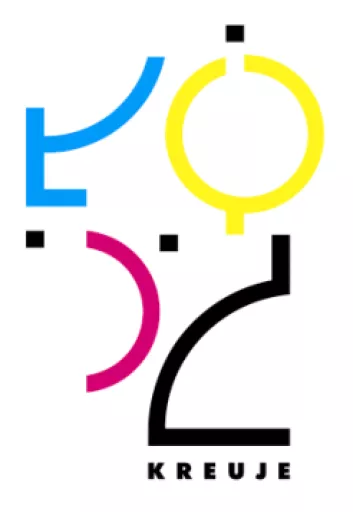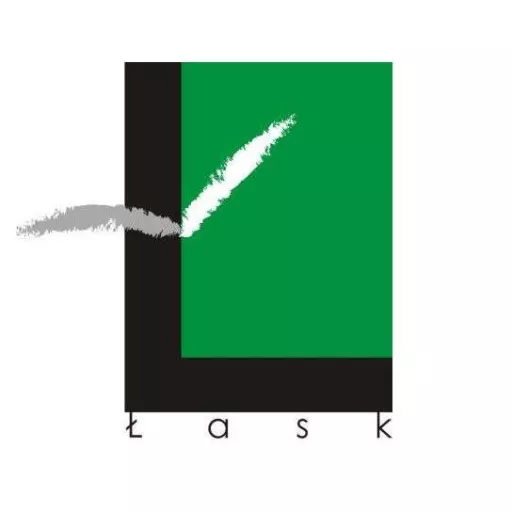Studying architecture means gaining knowledge in the history of art and modern architecture. You will go on an amazing journey through houses, palaces, churches, which you will get to know virtually in lectures, and sometimes you will also visit " in person".

Architecture (in English)
Professional title
Cycle of study
Mode of study
Number of semesters
Language of instruction
Admission
Dyplom zawodowy
W rekrutacji na ten kierunek nie jest brany pod uwagę dyplom technika
About the field of study
Studying architecture allows you to develop your spatial imagination to a wide extent and prepares you to create architectural objects and urban concepts with a high degree of complexity. Students will have the necessary knowledge and skills thanks to directional subjects such as architectural design in an inner-city context, architectural design of public buildings or integration of design processes - BIM and many others. Modules related to historic preservation and the revitalization and rehabilitation of the urbanized environment are an important part of the training. These issues have been a strong feature of the Institute of Architecture and Urban Planning at TUL for many years. Students gain knowledge of how to interact with specialists from other technical, humanistic and artistic fields in their design work, as well as the ability to manage the execution process in the field of architecture, urban planning, interior design. They use the skills they have acquired in the design of both new and adapted facilities. Art classes allow them to develop their sensitivity to color, composition, proportion or the play of light. The studies provide an opportunity to learn about theoretical issues and, thanks to seminar modules, closely linked to scientific research conducted at the department and institute, as well as the subject of the methodology of scientific work, prepare to conduct scientific research in the discipline of architecture and urban planning. Since the academic year 2019/2020, design subjects have been accompanied by scientific research seminars and specialized courses.
The exact list of subjects taught each semester can be found on the website.
Specializations:
Graduate opinions
The university's high ranking, experienced staff with whom you can establish a cool, "human" contact, research circles, and university events all contribute to the image of TUL as a great place to acquire knowledge and skills. The campus itself has an atmosphere that inspires an architect.
Competencies you will gain
About you
The Flavian Amphitheater, or the famous Colosseum in Rome, could hold about 50,000 spectators - almost as many as can enter Warsaw's National Stadium, which seats 58,000 viewers at a time. Numbered entrances to the Colosseum (of which there were as many as 80) allowed Romans to take their seats efficiently in the stands. The achievements of ancient architecture continue to surprise and provide great inspiration. Lacking advanced technology, buildings were designed based on the laws of physics, mathematics and knowledge of natural materials. Although the knowledge of these areas was not yet so advanced, the ancient buildings have survived to this day and continue to delight visitors.
History teaches us to create solutions based on simple principles and natural laws. When we combine this knowledge with the latest technological advances, we can create remarkable and intuitive designs. However, in order to do this, it will be useful to have specialized knowledge, which you will get in the second-cycle Architecture field of study. Your studies will provide you with a wide range of knowledge and skills, allowing you to work both in design teams and in contracting. You will be able to apply for a construction license in the architectural specialty. You will learn how to interact with specialists from other technical, humanistic and artistic fields in your design work. You will learn to manage the executive process of interior architecture in both newly designed and adapted buildings, and you will gain preparation for scientific research in the discipline of architecture and urban planning.
Internship
Job perspectives
- design offices
- contractors
- studios related to interior design
- own business
- institutions of state and local administration
- conservation studios
- scientific development









